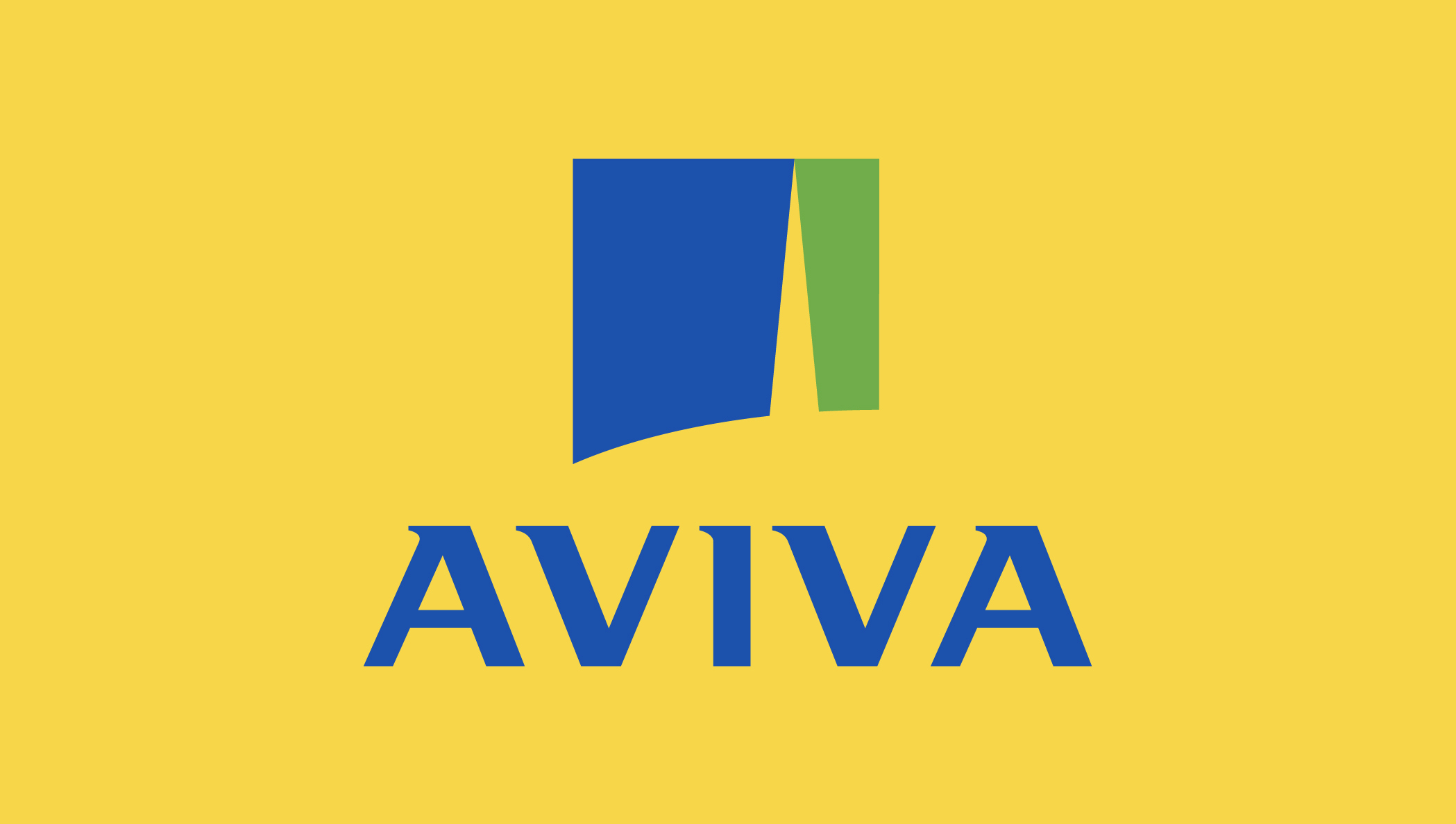As a teenager I wanted a pair of Levi 501s so bad. My parents refused the price tag, so I got my first job to buy my own (along with the Now 22 album). So began my relationship with work and workplace: lifelong companions that I have counted on to support, challenge and help me grow, over the last three decades.
Sadly, this isn’t a common story. Brits not loving their work – a staggering 90% of UK employees feel disengaged from their employers – is having a terrible impact on our productivity, which sits at a lower level than during the Industrial Revolution. If this trend continues, we can kiss goodbye to current living standards, and any improvements in wellbeing at work, as the economy struggles downwards.
After the Covid-19 pandemic, I was curious to know what truths humans had learned about their relationship with work: why we choose the work we perform, what we want from it and what might be missing. To find out, I set myself a personal mission to interview 200 humans performing totally different roles in society. One year later I have met more than 120 people, including a forklift-truck driver, a teacher, a hedge fund manager, a weaver, a construction manager and a tattoo artist.
Read more: How to listen to your employees and show your appreciation
What have I learned about how we can help humans fall back in love with their work?
The number one reason why we work, beyond money, is to have personal impact. To be memorable, to be valued. How easy is it for your people to have impact? How much autonomy do they have to make work better? How easy it is to action positive change through the hierarchy?
Sustaining human centricity will be the key to personal impact and productivity in years to come; fewer layers, fewer managers, more autonomy.
Secondly, humans want to be together. This is no surprise in a world where loneliness is a global public health concern. The Covid-19 pandemic enabled flexibility and greater inclusion in working practices. But there is no escaping the fact that humans want to be emotionally connected at work, as well as in life, and business needs greater investment and innovation in the way in which we build culture across diverse communities and workplaces.
Read more: Creativity flourishes when managers listen
Next, learning is for life, whether work-related or not. Humans are fearful about the impact of the tech revolution. Learning spend has been a casualty of the Covid-19 pandemic, against a backdrop of over £3bn in unused apprenticeship levy payments being returned to the Treasury in the past four years. People leaders have the chance to create cultures of learning that balance functional competency with curiosity, empathy and inclusion that make for a better world.
Lastly, most of the time we fall into what we do, happily or unhappily. Our career model for three decades has been that we work, and then enjoy life later, on retirement. But we are all living longer. To fund a long life, we can expect to build an alternative CV in a multi-stage life of different careers, skills, and transitions. How are you thinking about both on and offboarding team members in a continuous cycle of talent evolution?
Read more: Driving culture by listening – not telling
The last pioneer of change in workplace practices was Robert Owens, over 200 years ago. We can thank him for the eight-hour day, and the concept of weekends off. Just as in Owen’s time, we need to redefine work, rest and the workplace, to support human resilience during this period of tech revolution. Who will pick up this mantle? In a global election year, watch this space.
By Helen Beurier, chief people officer at Newton











